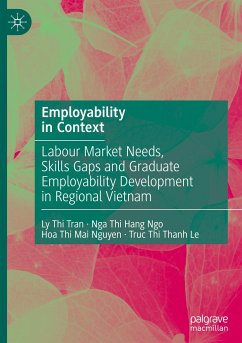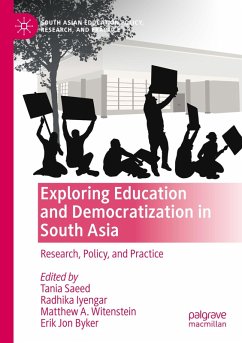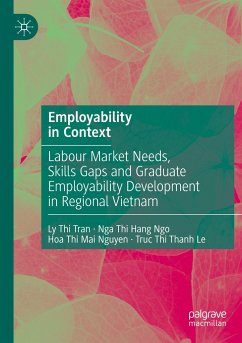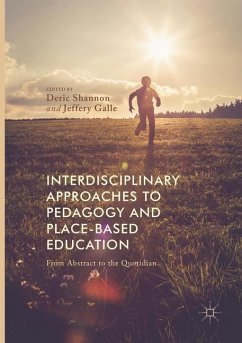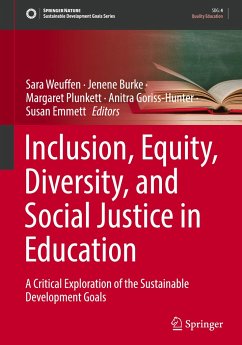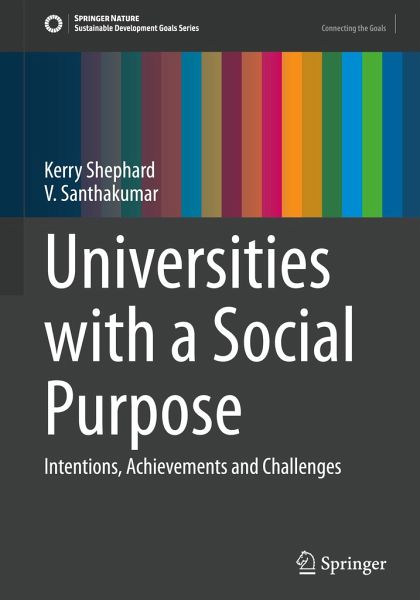
Universities with a Social Purpose
Intentions, Achievements and Challenges
Versandkostenfrei!
Versandfertig in 6-10 Tagen
106,99 €
inkl. MwSt.
Weitere Ausgaben:

PAYBACK Punkte
53 °P sammeln!
This book is a narrative of conversations between two professors, with different backgrounds, academic disciplines, life experiences, and from different continents. It shows how their discourse has brought them to a single destination defined by a mutual interest in the social purposes of universities, and a hope in common that their academic efforts will somehow do good in the world.The seventeen internationally-agreed Sustainable Development Goals (SDGs) provide focus for aspirations and plans regarding sustainability, but notably, the SDGs' targets and indicators rarely provide detailed acc...
This book is a narrative of conversations between two professors, with different backgrounds, academic disciplines, life experiences, and from different continents. It shows how their discourse has brought them to a single destination defined by a mutual interest in the social purposes of universities, and a hope in common that their academic efforts will somehow do good in the world.
The seventeen internationally-agreed Sustainable Development Goals (SDGs) provide focus for aspirations and plans regarding sustainability, but notably, the SDGs' targets and indicators rarely provide detailed accounts of who is expected to enact change. This book addresses the role of higher education in this context and explores the social purposes of universities and their relation to the Sustainable Development Goals. It presents an academic analysis of this complex situation, based on insights from published literature on higher education, and the personal but very different experiences oftwo professors with this shared interest.
The seventeen internationally-agreed Sustainable Development Goals (SDGs) provide focus for aspirations and plans regarding sustainability, but notably, the SDGs' targets and indicators rarely provide detailed accounts of who is expected to enact change. This book addresses the role of higher education in this context and explores the social purposes of universities and their relation to the Sustainable Development Goals. It presents an academic analysis of this complex situation, based on insights from published literature on higher education, and the personal but very different experiences oftwo professors with this shared interest.







